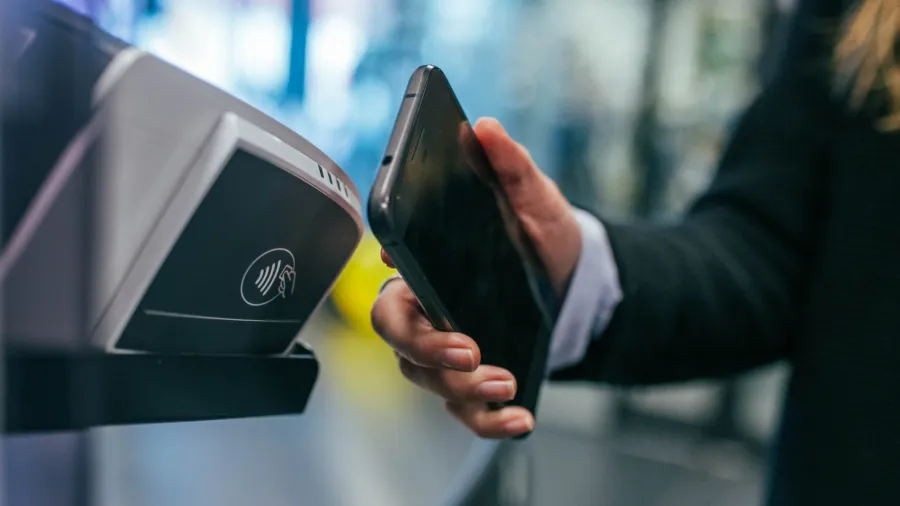
Carbon offset purchases to be a $100b market by 2030
Financial institutions will play a large role in enabling carbon credit financing and carbon offset purchases, says Deloitte.
Carbon offsets are expected to become an increasingly important consideration for retail consumers’ financial decisions, says Deloitte.
The firm predicts consumer purchase of carbon offsets to become a $100b market in developed economies by 2030.
“There is already a growing appetite for products that have a sustainability label; roughly two-thirds of US consumers say they would pay more at the pump for gas that offsets its greenhouse gas emissions,” Deloitte analysts Ricardo Martinez, Jill Gregorie, and Val Srinivas said in their FSI Predictions article “Consumers will increasingly use their wallets to help fight climate change with carbon-offset purchases.”
Martinez, Gregorie, and Srinivas referred to a Shopify survey in 2022, which found that two-fifths of consumers are willing to pay higher prices for climate-focused products.
“Demand for offsetting will likely only grow as younger people, who often voice a preference for sustainable products, [and] gain purchasing power,” the analysts said.
Payments & Carbon Offsetting
Payments will serve as an important battleground for carbon offsetting. For example, Visa enables banks in APAC to enroll in Eco Benefits, which in turn calculates the carbon footprint of consumers’ transactions and gives them teh option to counterbalance emissions through a mobile app.
Card users can also now elect to offset individual purchases, or set up monthly ofsfetting payments.
Financial institutions could also enable carbon-credit financing to happen behind the scenes through embedded insurance, for example, or tailor carbon creditd options in digital wallets based on consumers’ most frequent purchases, Deloitte said.
“Individuals may choose to buy carbon credits in advance, especially if they have a lot of travel or emission-intensive activities planned. They could also gift them to environmentally conscious friends and family,” the Deloitte analysts wrote.
Notably, some tech companies have begun partnering with payment platforms to allow customers to exchange rewards points for carbon credits.
For example, a collaboration between Ascenda and Patch estimates that global card users only need to convert 10% of their unused reward currencies into carbon credits to offset the equivalent of one year of emissions for the entire United States.
Retail Spending
Consumer spending categories such as food, transportation, entertainment could easily incorporate the option to purchase carbon offsets. In the US, this could translate to carbon offset spending of US$21.3b a year by retail consumers. The market for sustainable products accounted for 17.3% of purchases in the US in 2022, according to Circana and the New York University Stern Center for Sustainable Business
If these habits are mirrored in other developed economies, then global consumers in developed economies will collectively pay nearly US$100b to offset goods and services at decade’s end.
In the travel and tourism industry, flyers and tourists have also made purchases in an attempt to neutralize the impact of their trips. Stand-alone organizations that offer carbon calculators and the option to offset activities are also gaining t ration. As an example, Cool Effect generated US$36b for emerging countries since its launch in 2016.













 Advertise
Advertise










